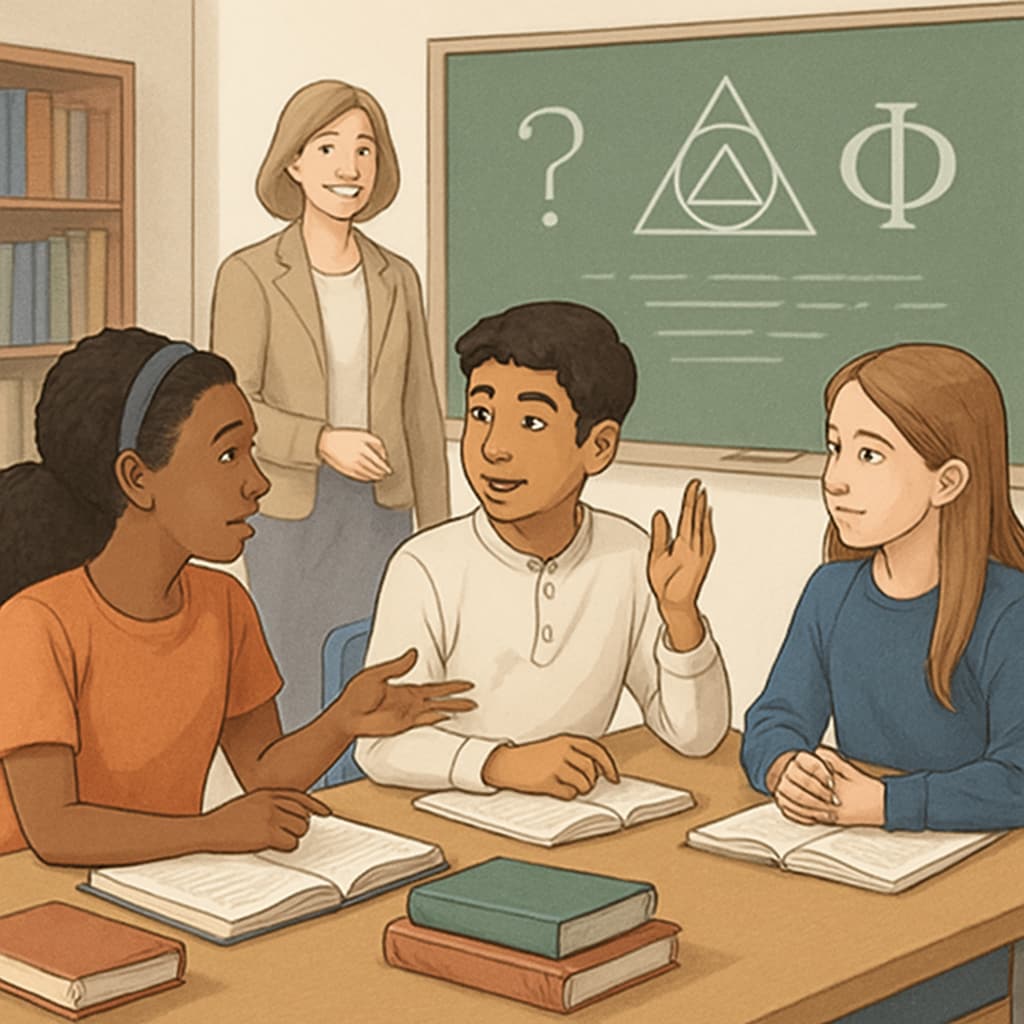Psychology, philosophy, and the art of lifelong learning are immensely valuable pursuits, especially when introduced early in life. For K12 students, exploring these fields can nurture critical thinking, improve self-awareness, and lay the foundation for personal growth and intellectual curiosity. While these subjects are not always part of traditional school curriculums, students can access a wealth of resources and approaches to begin their journey into understanding the human mind and philosophical thought.
The Importance of Psychology and Philosophy in K12 Education
Psychology and philosophy offer young learners unique tools to navigate life. Psychology provides insights into behavior, emotions, and cognitive processes, helping students understand both themselves and others. Philosophy, on the other hand, encourages deep questioning about existence, ethics, and reasoning. Combined, these disciplines can enhance students’ problem-solving skills and empathy.
Introducing these subjects in the K12 phase fosters intellectual independence. For example, basic psychological concepts such as emotional regulation or decision-making can improve resilience, while philosophical discussions about fairness or truth can sharpen analytical thinking. Moreover, these fields prepare students for the complexities of adulthood by encouraging them to ask questions and seek nuanced answers.

Accessible Resources for Beginners
Starting with psychology and philosophy doesn’t require advanced textbooks or formal classes. Instead, students can explore these subjects through beginner-friendly resources:
- Books: Accessible works like “The Little Book of Psychology” by Emily Ralls and Caroline Riggs or “Sophie’s World” by Jostein Gaarder offer engaging introductions.
- Online Courses: Platforms like Coursera and edX provide free or affordable courses tailored for beginners in psychology and philosophy.
- Podcasts: Shows like “The Psychology Podcast” and “Philosophize This!” make complex topics digestible and enjoyable.
- YouTube Channels: Channels such as CrashCourse Psychology and The School of Life simplify intricate ideas for students.
These resources allow learners to engage with topics at their own pace, tailoring their exploration to personal interests.
Practical Tips for Incorporating These Subjects
In addition to resources, parents and educators can encourage K12 students to apply psychological and philosophical principles in their daily lives. Here are some actionable tips:
- Start Small: Focus on bite-sized concepts like “growth mindset” (psychology) or “the Socratic method” (philosophy).
- Encourage Reflection: Journaling or discussing daily experiences can help students connect theoretical concepts to real-life situations.
- Debates and Discussions: Host friendly debates on ethical dilemmas or thought experiments to stimulate critical thinking.
- Incorporate Media: Use movies or books with psychological or philosophical themes to spark interest.
By building these habits early, students will gain confidence in tackling abstract ideas and applying them practically.

The Future Benefits of Early Exploration
Engaging with psychology and philosophy at a young age has long-term benefits. These disciplines promote lifelong learning, adaptability, and a deeper understanding of the world. For instance, students who practice philosophical reasoning are more likely to approach problems from multiple perspectives, while those familiar with psychological principles can better manage stress and relationships.
Furthermore, early exposure to these fields can inspire career paths in counseling, teaching, research, or ethics. Even if students do not pursue these subjects professionally, the skills gained—such as empathy, logic, and self-reflection—are invaluable in any field.
As a result, introducing psychology and philosophy during the K12 years is not just an academic exercise—it’s a step toward building thoughtful, well-rounded individuals capable of thriving in an ever-changing world.
Final Thoughts: K12 students stand to gain tremendously from exploring psychology and philosophy. By leveraging accessible resources, practical strategies, and a curious mindset, they can embark on a journey of self-discovery and intellectual growth that lasts a lifetime.


